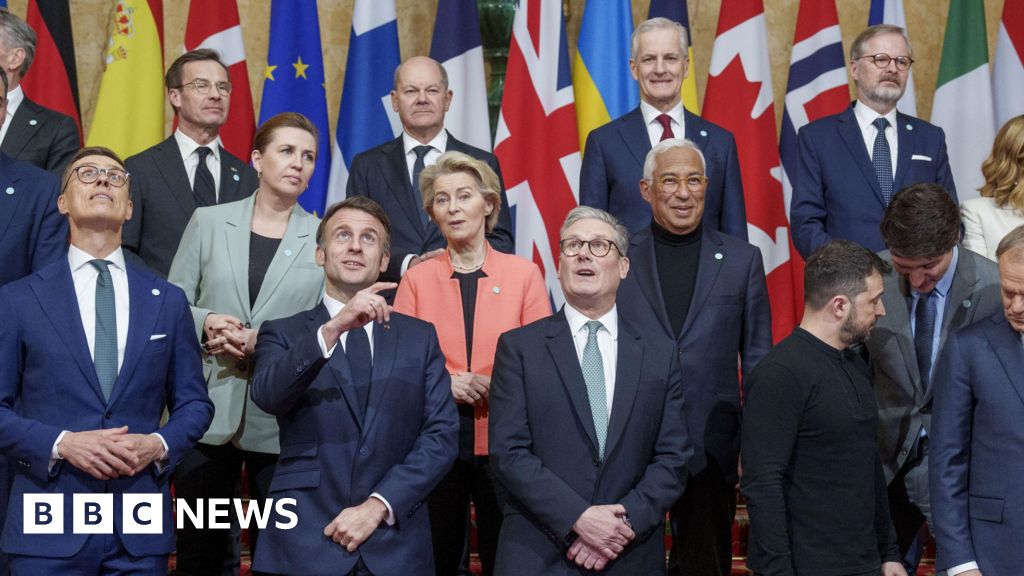European Diplomacy Faces Challenges Amidst US-Ukraine Relations
European leaders grapple with unity as Trump pauses military aid to Ukraine, while Zelensky expresses willingness to negotiate with the US.
Subscribe to unlock this story
We really don't like cutting you off, but you've reached your monthly limit. At just $5/month, subscriptions are how we keep this project going. Start your free 7-day trial today!
Get StartedHave an account? Sign in
Overview
As Donald Trump halts military assistance to Ukraine, European leaders convene emergency meetings to bolster defense. Concurrently, Ukrainian President Zelensky expresses readiness to negotiate peace, signaling potential shifts in US-Ukraine relations. Despite a chaotic political landscape, Europe aims to showcase military self-sufficiency. However, diverse priorities among member states and Trump's unpredictable stance threaten to undermine collective action. The message is clear: effective defense requires substantial investment, while peace talks may hinge on renewed communication between Trump and Zelensky.
Report issue

Read both sides in 5 minutes each day
Analysis
- The change in U.S. leadership significantly impacts European confidence in defense and security arrangements with Ukraine and against Russia.
- There's a growing realization among European nations that they need to bolster their military capabilities independently of U.S. support.
- While Europe's leaders gather for high-stakes meetings to unify their response, diverse national interests and domestic politics threaten effective cooperation.
Articles (4)
Center (1)
FAQ
President Zelenskyy's willingness to negotiate could lead to a shift in U.S.-Ukraine relations and potentially facilitate peace talks. However, it remains to be seen if this will translate into meaningful diplomatic progress with Russia.
History
- This story does not have any previous versions.

